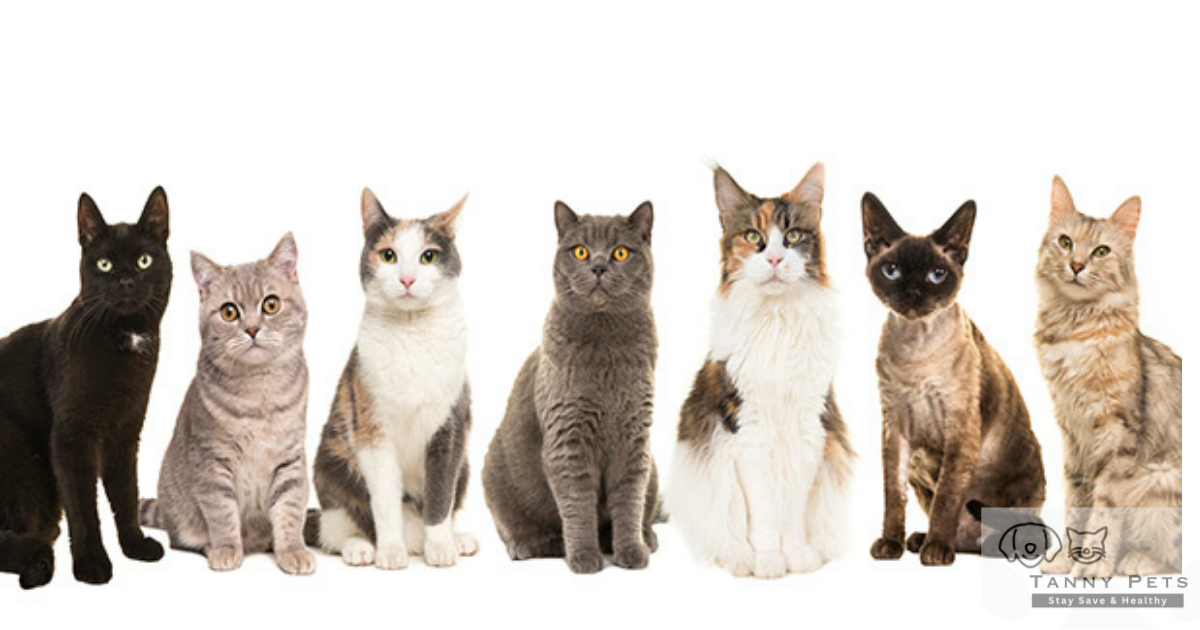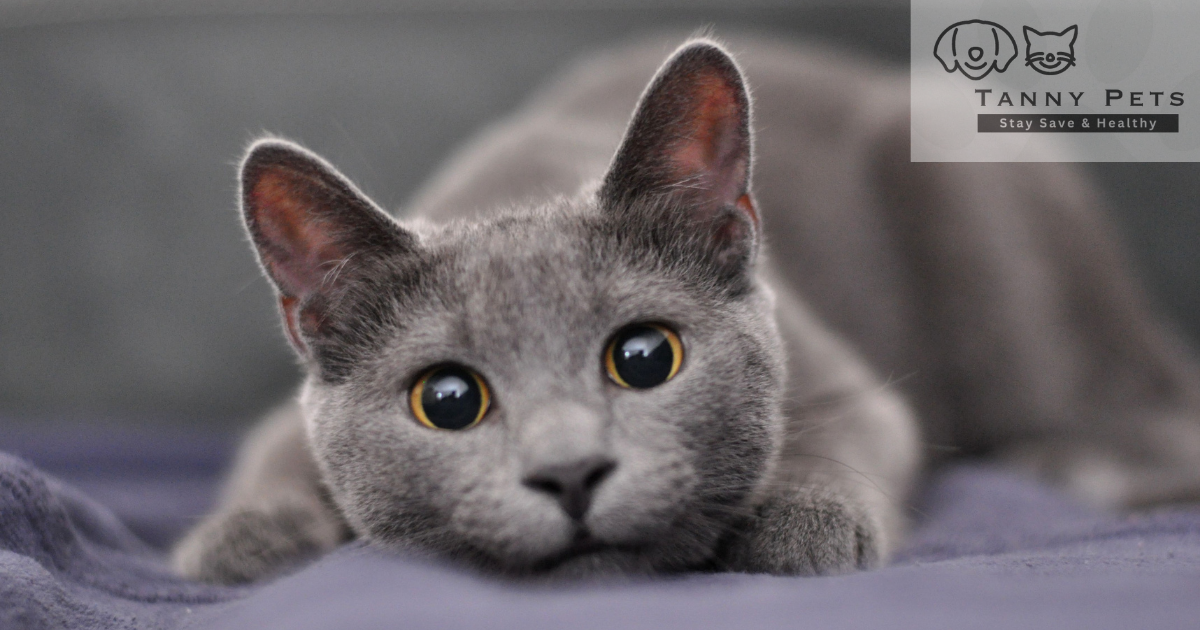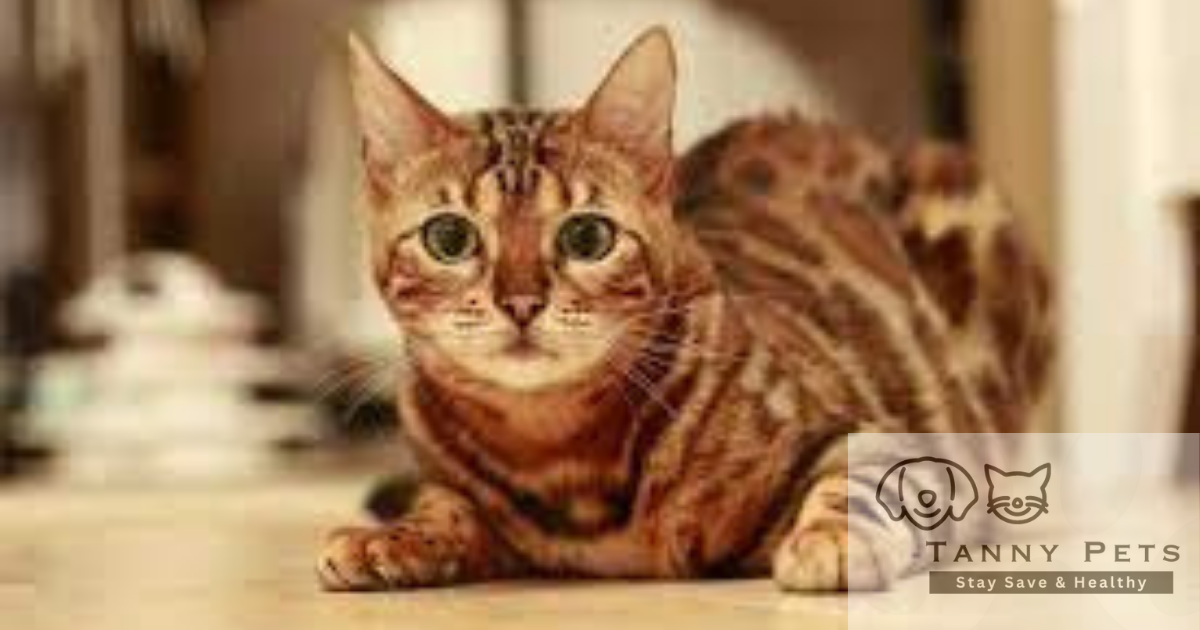While there aren’t hypoallergenic cat breeds suitable for your pet cats, it’s essential to create a safe environment if they share space. Pet cats have different care needs, so ensure proper separation and hygiene to minimize any potential issues. Discover a perfect solution for cat lovers with allergies in our ultimate guide to hypoallergenic cat breeds. Explore the beauty, personality, and allergen-reducing qualities of Siberian, Balinese, Russian Blue, and more. Find your ideal, sneeze-free feline companion today! Are you a cat lover with allergies? Fear not! In this guide, we’ll explore the wonderful world of hypoallergenic cat breeds. Cats companions that won’t trigger your allergies and redefine your purr-perspective on the perfect, allergy-friendly pet.

The Myth of Hypoallergenic Cats: Debunking Common Misconceptions
Let’s start by dispelling the myth that all cats trigger allergies. Learn the truth about hypoallergenic cats and why some breeds are more suitable for allergy sufferers. Despite popular belief, hypoallergenic cats are a myth, leaving pet owners with allergies searching for alternatives. However, integrating a pet cat into your household can offer a hypoallergenic option. With proper care and maintenance, reptiles can provide companionship without triggering allergic reactions.

Understanding Cat Allergies Unmasking the Culprits
Before diving into hypoallergenic breeds, grasp the basics of cat allergies. Identify common allergens and understand how certain breeds can mitigate allergic reactions. Understanding cat allergies involves unmasking the culprits behind the allergic reactions. Contrary to popular belief, it’s not cat hair itself that triggers allergies but rather proteins found in a cat’s saliva, urine, and dander. These proteins can become airborne and settle on surfaces, causing allergic symptoms in susceptible individuals. Transitioning to hypoallergenic cat breeds may seem like a solution, but no cat breed is entirely hypoallergenic. However, exploring alternative pets like reptiles can offer a hypoallergenic option. Reptiles lack fur and typically produce fewer allergens, making them suitable companions for individuals with allergies. Nonetheless, proper hygiene and cleaning routines are crucial when keeping any pet to minimize allergen exposure. By understanding the true culprits of cat allergies and exploring hypoallergenic pet options, individuals can still enjoy the companionship of animals without compromising their health.

Siberian Cats: The Majestic Fluffballs
Explore the enchanting world of Siberian cats, known for their luxurious fur and low allergen production. Discover why these majestic fluffballs are a top choice for allergy sufferers.

Balinese Cats: Graceful Elegance with Less Sneezing
Unveil the grace and elegance of Balinese cats. Their striking appearance and low levels of the Feld1 protein make them a delightful option for those prone to allergies.

Russian Blue Cats: Blue-Coated Allergen Minimizers
Dive into the world of Russian Blue cats, celebrated for their striking blue coat and reduced allergen production. Learn why these cool felines are often recommended for allergy-prone homes.

Devon Rex Cats: Hypoallergenic with a Twist of Whimsy
Meet the mischievous and uniquely coated Devon Rex cats. Explore how their distinct fur minimizes allergens while adding a touch of whimsy to your home.

Cornish Rex Cats: Elegant Curlies with Allergy Benefits
Delve into the world of Cornish Rex cats, celebrated for their elegant curls and hypoallergenic qualities. Uncover how their distinctive coat reduces allergens and makes them an excellent choice for allergy sufferers.

Abyssinian Cats: Allergy-Friendly Adventure Companions
Embark on an adventure with Abyssinian cats, known for their active and playful nature. Discover how their sleek coats contribute to a hypoallergenic environment.

Oriental Shorthair Cats: Exotic Allure, Less Allergic Reaction
Explore the exotic allure of Oriental Shorthair cats. These elegant felines boast a short coat and reduced allergen production, making them a sophisticated choice for allergy-prone households.

Tips for Living Allergy-Free with Your Feline Friend
Conclude your journey with practical tips for living comfortably with your hypoallergenic cat. From grooming routines to creating an allergen-friendly environment, ensure both you and your feline friend enjoy a sneeze-free life. Living allergy-free with your feline friend requires proactive measures to minimize allergen exposure. Regular grooming of your cat, including brushing and bathing, can help reduce the amount of allergens present in their fur. Investing in a high-quality air purifier can help filter out airborne allergens, including pet dander.

Establishing pet-free zones in your home, such as bedrooms, can provide allergy sufferers with a refuge from allergens. Additionally, washing bedding and vacuuming frequently can further reduce allergen levels in your living environment. While these tips can significantly alleviate allergy symptoms for cat owners, individuals with severe allergies may consider alternative pets like reptiles. Reptiles typically produce fewer allergens and can offer companionship without triggering allergic reactions. By implementing these strategies and considering hypoallergenic pet options, you can enjoy the company of animals while maintaining an allergy-free lifestyle.
Conclusion
Living allergy-free with your cat Regular grooming of your cat, including brushing and bathing, can help reduce the amount of allergens present in their fur. By implementing these strategies and considering hypoallergenic pet options, you can enjoy the company of animals while maintaining an allergy-free lifestyle.
Please keep with me & comment me if you want to know also.
FAQ
- What does hypoallergenic mean in the context of cat breeds?
= Hypoallergenic cat breeds produce fewer allergens, specifically the Fel d 1 protein, which can trigger allergic reactions in some individuals.
- Are there truly hypoallergenic cats, or is it a myth?
= While no cat is completely hypoallergenic, some breeds are known to be less likely to cause allergic reactions due to their lower production of allergens.
- Which cat breeds are considered hypoallergenic?
= Examples of hypoallergenic cat breeds include Siberian, Balinese, Russian Blue, Devon Rex, Cornish Rex, Abyssinian, and Oriental Shorthair.
- How do Siberian cats contribute to a hypoallergenic environment?
= Siberian cats have lower levels of the Fel d 1 protein, making them a suitable choice for allergy sufferers.
- Can Balinese cats be a good option for people with allergies?
=Yes, Balinese cats are known for their reduced allergen production, making them a popular choice for those prone to allergies.
- Do Russian Blue cats cause fewer allergies than other breeds?
= Yes, Russian Blue cats often produce fewer allergens, making them a suitable choice for individuals with cat allergies.
- Are there short-haired hypoallergenic cat breeds?
= Yes, breeds like Devon Rex, Cornish Rex, Abyssinian, and Oriental Shorthair have short coats and are known for being hypoallergenic.
- How can I create an allergen-friendly environment for my hypoallergenic cat?
= Regular grooming, maintaining a clean living space, and using air purifiers can help create a comfortable environment for both you and your hypoallergenic cat.
- What makes Oriental Shorthair cats hypoallergenic?
= Oriental Shorthair cats have short coats and typically produce fewer allergens, making them a suitable choice for those with allergies.
- Are there specific grooming routines recommended for living with hypoallergenic cats?
= Regular grooming, including brushing and bathing, can help minimize loose fur and reduce allergens in the environment, creating a more allergy-friendly home.

